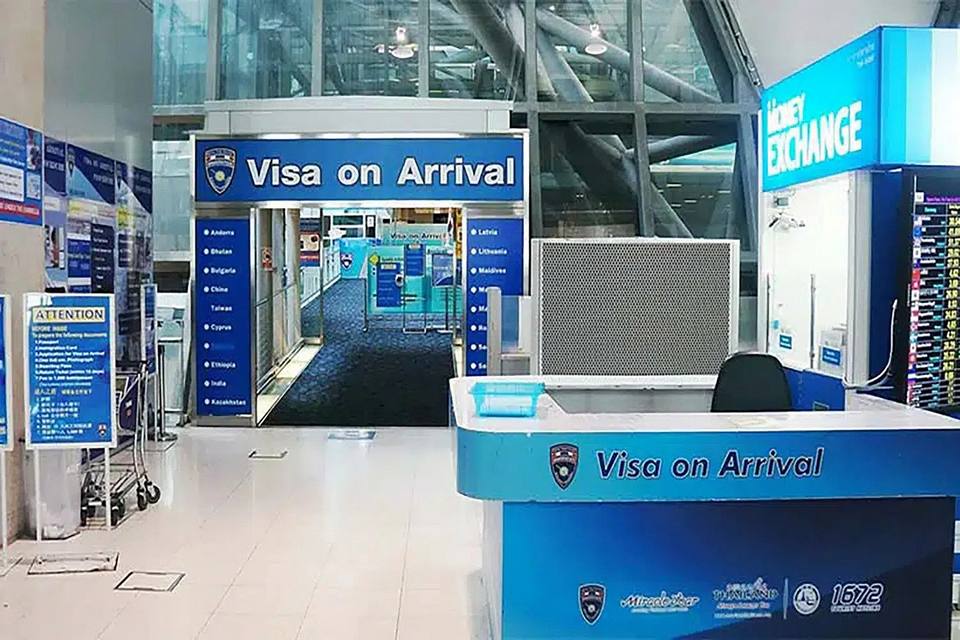
Tourists from 60-plus countries who currently enjoy 45 days on entry to Thailand without the need for a prior visa, or any payment, still don’t know if the scheme will be extended for new arrivals beyond March 31. Although the Tourism Authority of Thailand has been lobbying for an extension to the end of the year, silence has reigned from the Thai Cabinet and the immigration directorate. The 45 days visa exempt regulation also allows for a further 30 days extension at Thai immigration offices for a 1,900 baht fee.
The 60 plus countries include all traditional tourist markets (UK, US, mainland Europe, Australia etc) as well as newer mass markets such as Saudi Arabia and the United Arab Emirates. Russia has a special 45 days bi-lateral arrangement with Thailand, but Russian nationals do not qualify for the 30 days extension at Thai immigration. Nationals of visa exempt countries (plus Russia) can leave the country, however briefly, to repeat the visa exempt discretion – a total of five months in Thailand without authorization from a prior visa. Same day visa runs to the Cambodian border are booming.
Meanwhile, tourists from a further 20 countries, including mega-markets China and India, are currently allowed just 30 days on entry, but must pay 2,000 baht via the visa on arrival scheme. They do not automatically qualify for any extension, but may receive one week if they can show an outward air ticket during that specific period. Visa on arrival tourists find it very difficult or impossible to access facilities such as applications for driving licences or Thai accounts (unlike visa exempt tourists or Russians).
The argument in favour of extending the visa exempt and visa on arrival schemes to the end of 2023 is to boost the number of international tourists to Thailand in the post-covid environment. Conversely, it can be argued that the Thai tourist revival is proving so popular that additional visa privileges are hardly necessary. Moreover, adverse publicity about foreigners (mostly but not entirely Chinese) paying cash to receive corruptly long stay visas has prompted proposals that more power should be placed in the hands of Thai embassies abroad to award tourist and longstay visas rather than encouraging a free-for-all.
Unless formally extended soon, the current regulations will be replaced by the former rules whereby visa exempt meant 30 days plus 30 (60 days rather than 75) and visa on arrival 15 days plus 7 (22 days rather than 30). Other potential ambiguities include the number of same day visa runs which would be permissible and documentary requirements by Thai embassies abroad when awarding visas within their particular remit. It is also possible that any announcement could be delayed till after March 31 as, during the pandemic, immigration news was not uncommonly delayed post-deadline. A final issue is that the current caretaker government, awaiting the May 14 general election, is unlikely to approve new groundbreaking immigration rules. After all, This Is Thailand.





